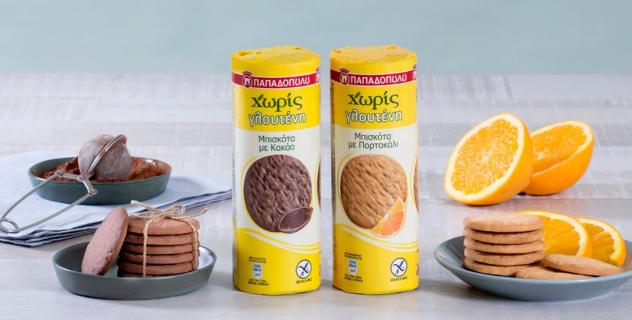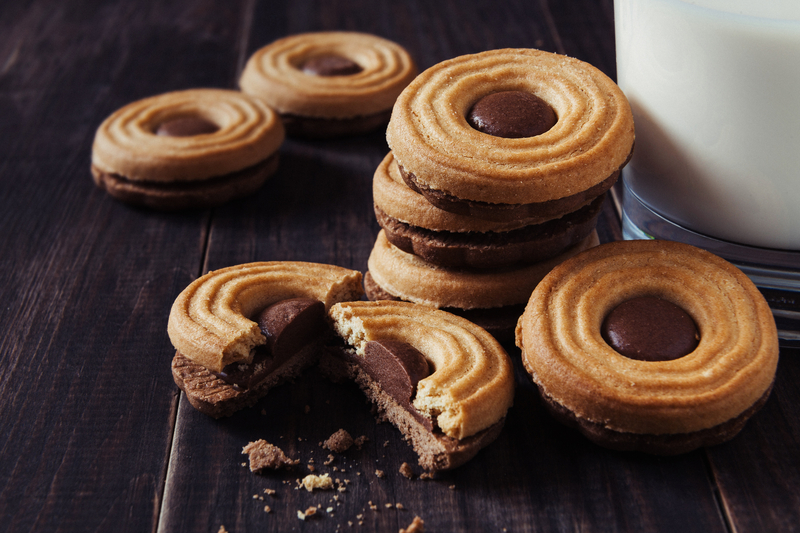How to Slower Down the Hydration of Dough?
Dear All,
We are facing problem in our soft dough biscuit at Moulding area (hydration of soft dough is so fast that way, discharge of dough at Moulding is less and rejection ratio is high)
Our soft dough biscuit has less vegetable shortening.
Process control from our side to pass the soft dough biscuit is as follows,
- We are using cold water ( atmosphere temp is high) so that friction factor will minimize
- Increased the moulding speed so that standing time will be less
- Baking time 4.10 min
Kindly advice how to slower down the hydration of dough.(by adding any chemical or by process control)
Rejection is high
Yield is less
We can not add more fat because of cost.
Pl advice.


ISM 2026 sets new benchmarks with 1,600+ exhibitors from 74 countries. Explore the new "ISM Ingredients" platform and functional trends in biscuit ind...

Discover how indigenous sorghum is reshaping biscuit innovation by offering a nutritious, gluten-free alternative to wheat flour.

As AI enters the biscuit industry, automating recipe development and roller design, Errebi Technology Spa reflects on the balance between innovation a...

E.J. Papadopoulos's gluten-free biscuits with orange and cocoa embody the fusion of sumptuous flavour and health-conscious ingredients.

Consolidated Biscuit's Morning Coffee Biscuits offer a unique and delightful way to enhance your morning routine











The score is based on the number of created courses at BPA (150 points per course), the number of the lectures given at BPC (100 points per lecture), published articles (20 points for every approved article in Our Experts category ), number of resolved questions (10 points for every resolved question) and the number of asked questions (5 points for every asked question). The list is showing only top 10 biscuit industry experts.




